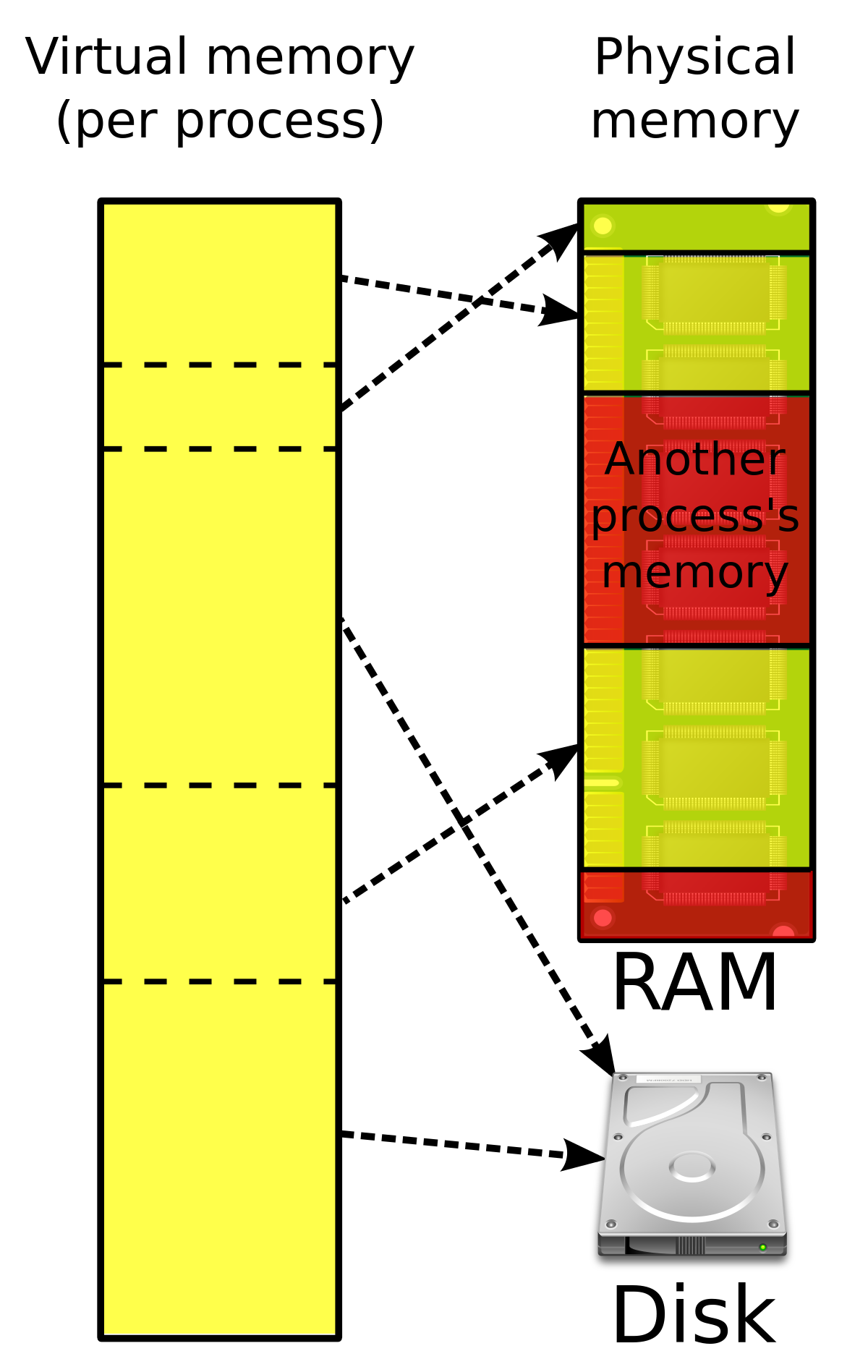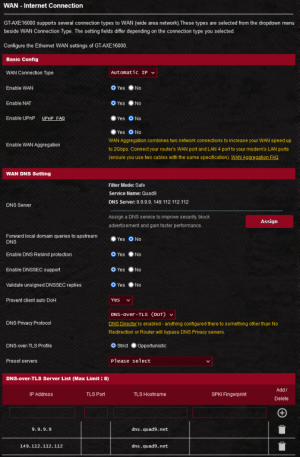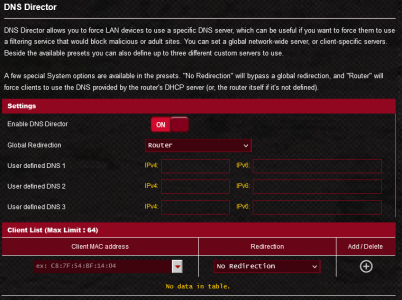Hi guys,
Please help me with this weirdness I suffer with DNS timeouts. Background:
- recently migrated from RT-AC86 to AXE-16000
- using AMTM/Diversion, large list
This happens:
I have tried switching from ISP DNS to others, such as Google, OPENDns etc. and currently running with 8 servers and --all-servers in dnsmasq.conf -- so the upstream servers cannot be the problem I would think.
Also log-async, so DNSMasq should not be choking.
Mem, is huge, have a 10gb swap on usb in addition.
Proc power on this quadcore unit... should not be it either.
Otherwise I don't think I have done anything special in terms of configs.
Also I tested the above straigth on the router via SSH to avoid any client issues.
Whelp!
Please help me with this weirdness I suffer with DNS timeouts. Background:
- recently migrated from RT-AC86 to AXE-16000
- using AMTM/Diversion, large list
This happens:
In other words, seems quite random, a domain (repeatedly) can't get resolved, while others can, and after a little while, that one can again, too.rvds@RoutingBakkie:/tmp/home/root# nslookup brazzers.com
Server: 127.0.0.1
Address 1: 127.0.0.1 localhost.localdomain
Name: brazzers.com
Address 1: 66.254.114.234 reflectededge.reflected.net
rvds@RoutingBakkie:/tmp/home/root# nslookup asus.com
Server: 127.0.0.1
Address 1: 127.0.0.1 localhost.localdomain
nslookup: can't resolve 'asus.com'
rvds@RoutingBakkie:/tmp/home/root# nslookup asus.com
Server: 127.0.0.1
Address 1: 127.0.0.1 localhost.localdomain
nslookup: can't resolve 'asus.com'
rvds@RoutingBakkie:/tmp/home/root# nslookup geeksforgeeks.com
Server: 127.0.0.1
Address 1: 127.0.0.1 localhost.localdomain
Name: geeksforgeeks.com
Address 1: 199.59.243.222
rvds@RoutingBakkie:/tmp/home/root# nslookup asus.com
Server: 127.0.0.1
Address 1: 127.0.0.1 localhost.localdomain
Name: asus.com
Address 1: 103.10.4.216 asus.xn--fiq66s
I have tried switching from ISP DNS to others, such as Google, OPENDns etc. and currently running with 8 servers and --all-servers in dnsmasq.conf -- so the upstream servers cannot be the problem I would think.
Also log-async, so DNSMasq should not be choking.
Mem, is huge, have a 10gb swap on usb in addition.
Proc power on this quadcore unit... should not be it either.
Otherwise I don't think I have done anything special in terms of configs.
Also I tested the above straigth on the router via SSH to avoid any client issues.
Whelp!





